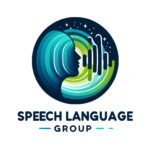Cornet Seminar – 31/01/2024
The next seminar of the Cornet team will take place on January 31, 2024, at 11:35 am in S3 and will consist of two parts. Firstly, Felipe Albuquerque (LIA) will present his thesis topic on ‘The p-Median Problem with Coverage Constraints: New Resolution Methods and Application to the Design of Public Services.’ Following that, Luca Dini and Pierre Jourlin will present their ongoing work on the theme of ‘Hybrid Methods for Cognitive Attitudes Detection.’ Summary: In this seminar, we will present ongoing work on the transformation of a keyword spotting system into a concept-based labeling engine. We will highlight four major axes of this work:



